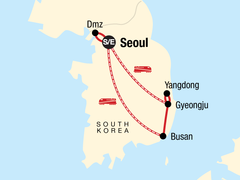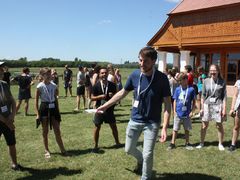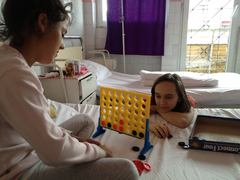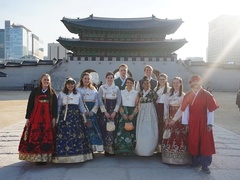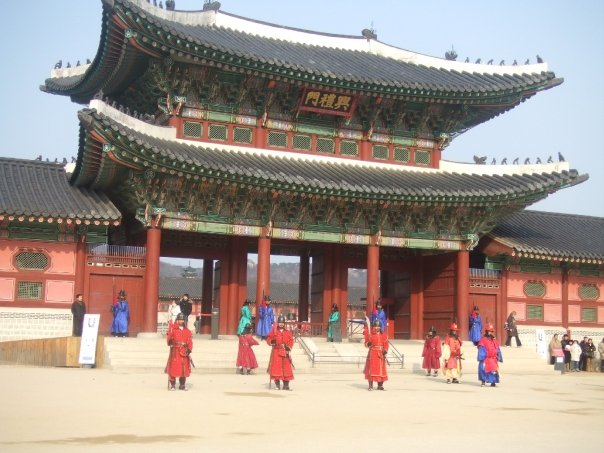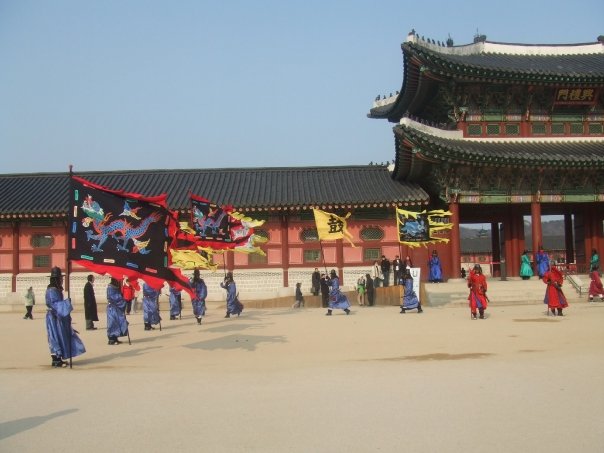The program’s main objective was to invite and train native English teachers and overseas Koreans to teach practical English in after-school classes at the rural elementary school.
Participants of the program, known as TaLK scholars, were given the opportunity for personal and professional enrichment through the duties and responsibilities set forth by the Korean Government.
As English instructors, TaLK scholars will create original lesson plans for varying grade levels (i.e., first through sixth), and teach in the classroom with a Korean university student. As explorers fulfilling the “learning” part of the program’s mission, TaLK scholars were encouraged to travel around Korea to learn about the history, culture, language and people.
TaLK scholars received an array of benefits which include, but are not limited to: a round-trip, economy class air ticket, accommodation, traveler’s health insurance, monthly stipend of KRW 1.5 million, a one-time settlement allowance and cultural trips arranged by the provincial offices of education.
The program, which began in April 2008 under the direction of then South Korean President Lee Myung-Bak, was designed to support public English education in the rural areas of Korea, where the opportunity to meet a native English speaker is rare and educational resources are limited.
Under the guidance of the National Institute for International Education (NIIED) and the sponsorship of the Ministry of Education, Science and Technology (MEST), the TaLK Program has awarded government scholarships to over 1,800 participants.
Teach and Learn in Korea (TaLK) stopped operating in 2021.


